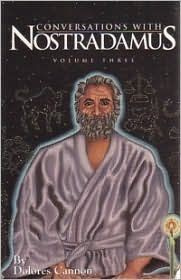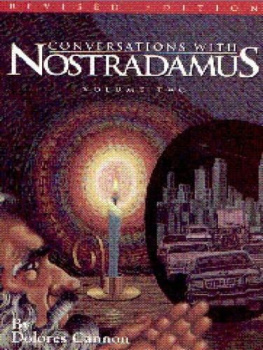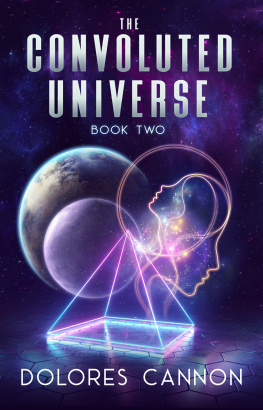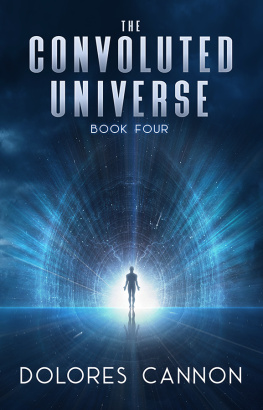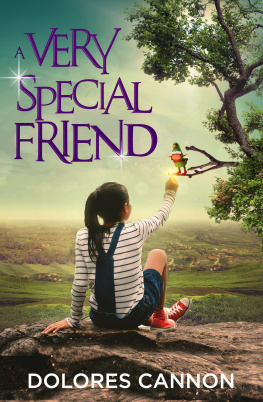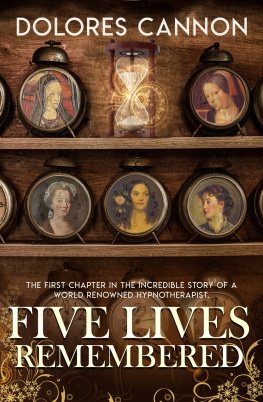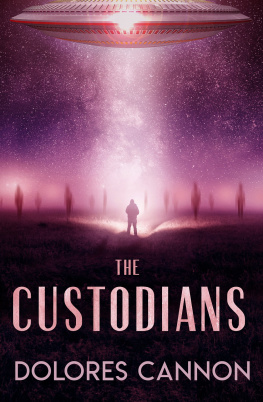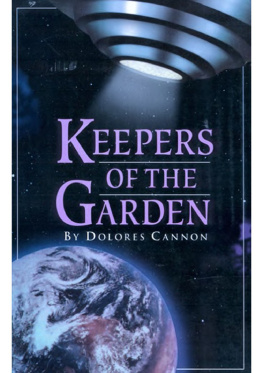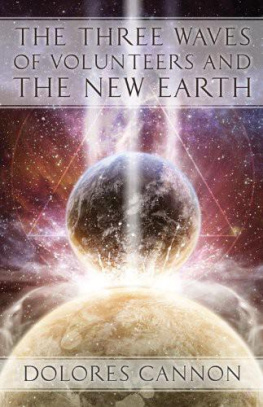Chapter 4
The Legend of the Old Ones
D: When I first spoke to you, you told me some of your legends. I found them very interesting.
B: You did? Everyone knows the legends.
D: But to me they're new. I would like to hear some more of them.
B: What about?
D: Can you tell me more of the things that have been handed down?
B: If you like, I can. Would you like to know why I apologize when I hunt? There is a legend that says at one time the animals could speak like men. And it was very distressing to the hunter to try to hunt because the animal would be crying for pity. So the hunter would apologize, saying, "I am sorry, I need your spirit; I need your flesh for my people or we will die. You have lived a full life; you have children. Your children will live. It is time for you to go to the other side. May I kill you for your flesh?" The animals would cry for mercy and it would be very difficult for the hunter. The hunter must kill some animals for the people, but not too many, for the animals must also live. And so finally an agreement was reached with the help of the spirits that to make it easier for the hunter - the animals would no longer speak. But to show the animal that the hunter remembers, we apologize to the animals just as if they could still speak.
D: Some people think there s no harm in just killing I think it's good to consider the animal as having feelings. This shows that you are a very compassionate person. That is good Then you only kill just enough to eat, never too much?
B: Well, some to store for the winter. But ... (deliberately and seriously) I cannot conceive of killing an animal and just leaving it for the vermin. It is not done.
D: Some people do. In other parts of the world
B: Their spirits must be displeased with them. That is why the spirits are with us.
D: Yes, because they know you are doing it the right way. Do you have any other legends?
B: Yes, we have a legend about everything. You keep asking like a child would. That is interesting.
D: I have great curiosity. This way you can help me to learn. Do they have any people in your village that are known as teachers?
B: Well, the old people who cannot work any more; they know the legends. They tell them to the young children. The young children like the old people and it helps for their mothers to be able to get some weaving done, or whatever, without the children in the way. That is how we learn our legends. The wise man knows them all. He makes sure they are handed down correctly. Some of the old people, they like to make it sound better than what it was, and things could get changed very easily that way. The wise man sees that this does not happen, for it was said that the legends must remain true so we will know who we are. One of the functions of the wise man is to make sure that it stays accurate.
D: But that is difficult when much time goes by. Do your people have any system of writing? Do you know what that is?
B: Yes, I know what that is. Some do, some do not. I do not. I feel that if I can read the signs of animals, why should I worry about the signs of men. Some of the farmers use writing to keep track of their crops and how much they have so they will know how to distribute it during the winter.
D: This means they would know numbers and counting?
B: I suppose. They have marks to represent how much of things.
D: Would the wise man have a way of writing the legends?
B: Probably. That is part of his life. He, perhaps, has things written down. I do not know. I find it best not to be too nosy.
D: Tell me another legend that is popular with the people.
B: They are all popular with different ones. Ahh ... I remember, you were interested about the boat crashing.
D: Yes I was. I found that very interesting.
B: That is a long legend. At some of our festivals the wise man takes all night long to retell it.
D: Could you tell me some parts of it?
B: Yes I can. The part that interests me is how the people got started after the boat crashed - according to the legend. For we descended from them. That is what the wise man says.
D: It's part of your history.
B: Yes. They found the world to be different from what they were used to. They did not know the plants. They did not know the animals. Sometimes the wise man would give examples of what they called things. It is very amusing, but I think these were made up for the children. For example, they said, "There is a thing that flies, the color of sky, that makes the noise like a babbling brook." Everybody knows that is a bluebird. They had these lengthy descriptions of things. "There is the animal with a tree on its head." (I laughed.) That would be a buck. Some of the descriptions are very funny. "There is the animal that cannot stand still," because according to legend - and this part is for children -" it is afraid of ants. And it is always jumping to get away from the ants." That would be the rabbit. (I laughed.) The legends say that at first the people lived in their ship. That is strange; our boats are open. But apparently according to legend this one was not open. And they got tired of living in the ship as the ship was dead. So they cut down trees and built houses. Used to, they would use wood for the roof as well. But for some reason they stopped doing that, and now we use grass for our roof, which is better. I think they wanted to not use too many trees. For some reason they thought this was bad.
D: Maybe they thought they would use them all up.
B: There are so many of them, so many trees.
D: These people, did they have tools for cutting the trees and building the houses?
B: Supposedly these were in the ship. It must have been a big ship. Too big for our river.
D: Have those tool been handed down?
B: I do not know. Some of the tools we have are handed down, some are made. If those tools were real, I imagine the wise man would have them or would know what happened to them. I remember that some of the smaller ones were buried with the people.
D: Are these the same houses that you use?
B: No. When they first built the houses, so the legends say, sometimes they would use things from the ship. The ship was made to be taken apart. I suppose they would have to with it being so large, to be able to carry it. And they took it apart and used things from their ship. This is what legends say.
D: What other things from the ship did they use in the house?
B: I do not know. I have heard the women tell the children that they had things for cooking that could do things that anyone knows regular things cannot do. It is just things you tell children to keep them amused. There is a legend about a wondrous pot that could cook without a fire.
D: That would be interesting if it were true.
B: It is not true. You have to start a fire to cook, everyone knows that. There is a legend of a wondrous box. You open the box, you put something in this container. You close the container, and before you can repeat your name, the thing is cooked.
D: Oh! Wouldnt that be wonderful?
B: It is made up. And according to legends we still have some things. I imagine the things in the wise man's house are part of it. Some of the knives that we have do not go dull; that is very wondrous. The farmers have this tool that they have the oxen drag through the earth to loosen it up for planting. I think they call it a "plow." They have other tools that they use for reaping the grains and such. The way you can tell if something is from the old ones - it will not wear out like our tools do. Perhaps it will in time, but it takes many lifetimes or much longer.
D: You said the wise man had a pot, too.
B: Yes. It is hard to describe it. I do not know what he uses it for. It changes appearance. I do not know how that happens.



